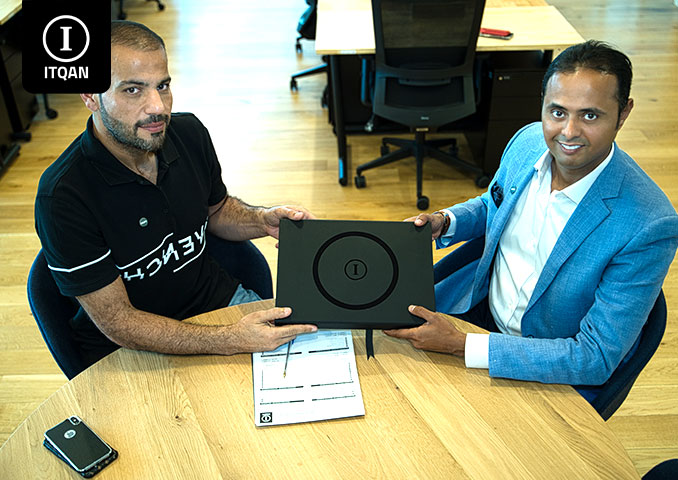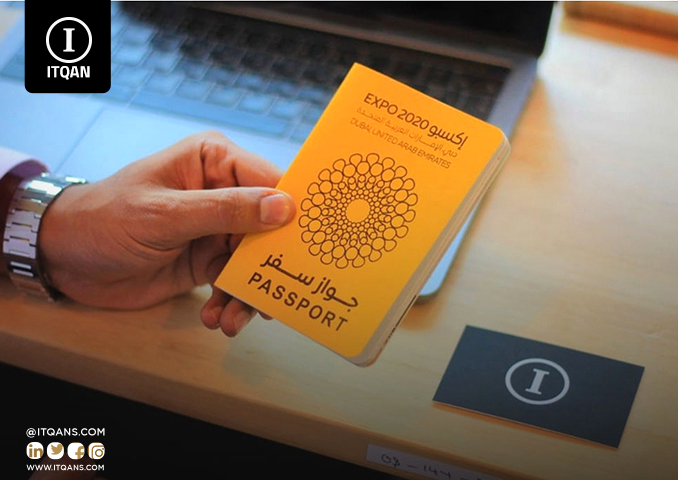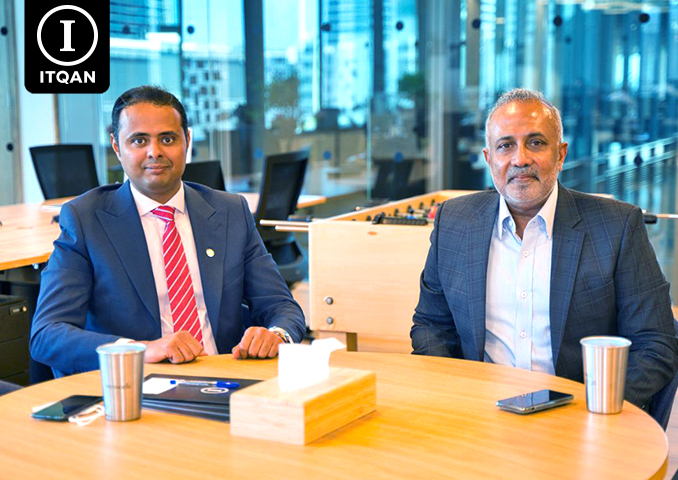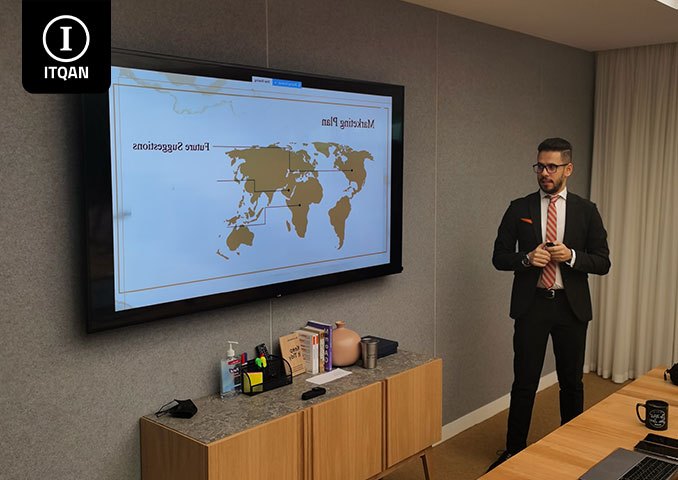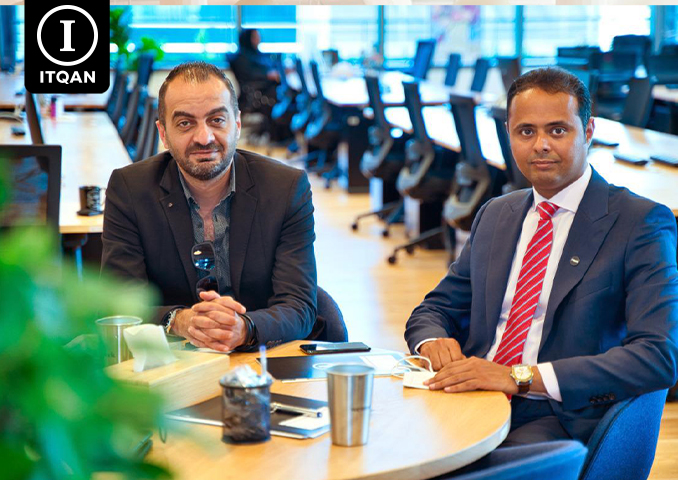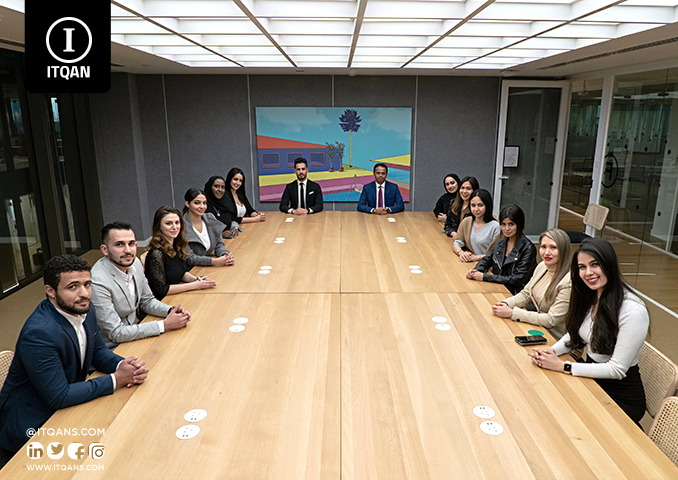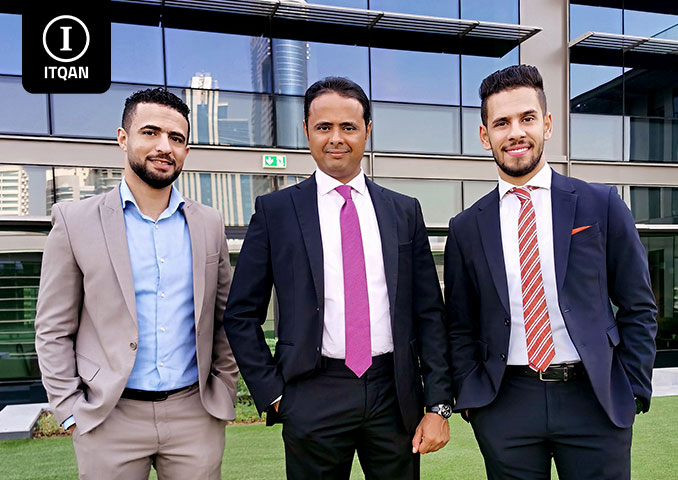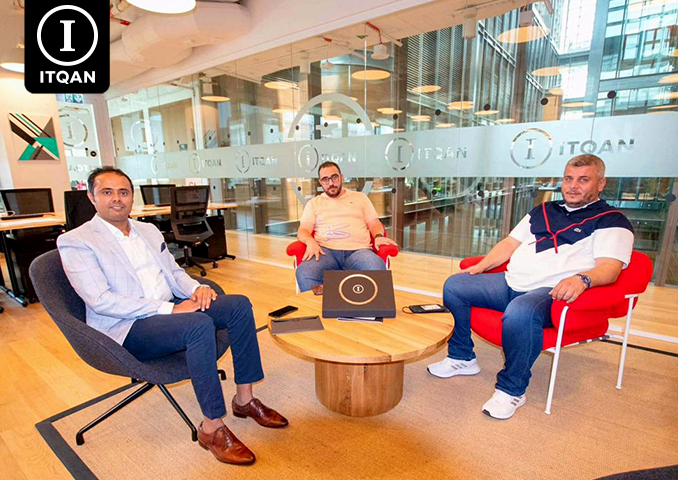Establishing a company in Dubai for Gulf nationals – steps and conditions. Dubai is one of the most prominent economic destinations in the world, as it combines technological progress and advanced infrastructure, making it an attractive center for investments and business. For Gulf nationals, establishing a company in Dubai can be a strategic step to achieve growth and expansion in the regional and international market. Dubai offers an ideal business environment characterized by many economic and legislative advantages that facilitate the process of establishing companies and encourage innovation and development.
In this article, we will review the types of companies available in Dubai, the legal and procedural steps for establishing a company in Dubai for Gulf nationals , in addition to the advantages and challenges that Gulf nationals may face in this context. Whether you are a novice entrepreneur or a company owner who wants to expand your activity to Dubai, you will find in this article a comprehensive guide that will help you understand the procedures and requirements necessary to achieve your business goals in this global city.

جدول المحتوى
ToggleTypes of companies available
When considering setting up a company in Dubai , Gulf nationals are faced with a variety of options available to businesses. These options can be divided into three main categories: free zone companies, local companies, and offshore companies. Each type of these companies has its own advantages and legal and procedural requirements, so it is important to understand the differences between them to make the most appropriate decision.
Free zone companies
Free zone companies are a popular choice among Gulf businessmen due to the great flexibility they provide. These companies are located within specific areas in Dubai known as free zones, where economic and legal incentives are provided that make them attractive to investors. Among these incentives are full tax exemptions for specified periods of time, 100% foreign ownership, and no restrictions on the transfer of capital and profits. In addition, free zones provide advanced infrastructure and comprehensive government support.
Local companies
Local companies are those established within the local market of Dubai and subject to local laws and regulations. Establishing a local company requires a local partner to own a certain percentage of shares, usually 51% for the local partner. These companies help to reach the local market more broadly and allow participation in government tenders and local projects. Although there are some restrictions regarding foreign ownership, local companies benefit from the legal stability and facilities provided by the government to promote business.
External companies
Offshore companies are those that are registered in Dubai but managed and operated outside Dubai. These companies are typically used for international business purposes, such as e-commerce or financial services, and benefit from Dubai’s strategic location as a gateway to global markets. These companies offer benefits such as financial confidentiality, efficient tax planning, and flexibility in running the business. Foreign companies are a suitable option for those who wish to expand their business beyond the borders of the country.
When Gulf nationals choose the most appropriate type of company to establish in Dubai, they must take into account the nature of their business, business objectives, and available budget. Understanding the different types of companies available helps in making an informed decision that enhances the chances of success and sustainability in the dynamic market of Dubai.
Legal and procedural steps
Establishing a company in Dubai requires following a set of legal and procedural steps that ensure compliance with local laws and provide the correct basis for starting a business. Here’s a look at these steps in detail:
Choose the company type
The first step in establishing a company is to determine the type of company you want to create. Gulf investors must choose the appropriate legal structure for their business, whether it is a company in a free zone, a local company, or an offshore company. Each type of company has its own advantages and requirements. For example, free zone companies offer greater flexibility in foreign ownership and tax exemptions, while local companies provide broader access to the local market.
Register and obtain a license
After choosing the type of company, comes the step of registering and obtaining a commercial license. This requires submitting a set of documents to the relevant authorities, such as the Department of Economic Development in Dubai. These documents usually include:
- Company registration application.
- A copy of the passport and a personal photo of the company owner or partners.
- Company incorporation contract.
- Detailed business plan.
These documents are reviewed by the relevant authorities, and upon approval, the business license is issued that allows the company to legally start its operations.
Obtaining the necessary approvals
Some businesses require additional approvals from certain regulatory bodies. For example, companies operating in the health or educational field need approvals from the Ministry of Health or the Ministry of Education. Investors must ensure that all requirements for their business are met to obtain these approvals.
In addition, it may be necessary to obtain residency visas for employees, open a business bank account, and register with the social security system. All of these measures ensure that the company operates legally and adheres to all local laws and regulations.
By following these legal and procedural steps, Gulf investors can establish their companies in Dubai with ease and confidence, allowing them to benefit from the thriving investment environment in the emirate.

Advantages and challenges of establishing a company in Dubai
Establishing a company in Dubai carries with it many advantages and challenges that Gulf nationals may face. In this section, we will review some of these advantages and challenges in detail.
Economic advantages
Dubai is one of the most important economic centers in the world, giving companies established there a great opportunity to benefit from a developed and supportive economic environment. Among the economic advantages that Gulf nationals can enjoy when establishing a company in Dubai are:
- Tax breaks: Dubai offers many tax breaks to companies, especially in free zones, allowing businessmen to increase their profits and reduce expenses.
- Advanced Infrastructure: Dubai provides advanced infrastructure that includes world-class airports and ports, facilitating import and export operations.
- Foreign Investment: Dubai encourages foreign investment by providing easy facilities and procedures, making it an attractive destination for investors.
- The large and diverse market: The market in Dubai provides great opportunities for growth and expansion thanks to the diversity of the population and the high demand for various products and services.
Legal challenges
Despite the many economic advantages, there are some legal challenges that Gulf nationals may face when establishing a company in Dubai:
- Changing Legislation: Laws and regulations in Dubai change regularly, requiring businesses to stay up to date to ensure compliance.
- Bureaucratic complications: The process of obtaining licenses and approvals can be complex and time-consuming, requiring investors to be patient and adhere to procedures.
- Restrictions on foreign ownership: Although there are facilities for foreign investors, some restrictions may affect the percentage of ownership that Gulf nationals can own in some types of companies.
Cultural challenges
As in any international business environment, Gulf companies can face some cultural challenges when setting up a company in Dubai:
- Cultural Diversity: Dubai is a global city with multiple nationalities and cultures, which requires companies to be able to deal with this diversity and respect cultural differences.
- Local customs and traditions: Foreign companies must understand and respect local customs and traditions to avoid any misunderstandings or disputes that may affect the workflow.
- Language: Although English is widely used in business, knowledge of Arabic can be an added advantage to facilitate communication and build strong relationships with local partners.
In conclusion, establishing a company in Dubai carries with it many opportunities and challenges. By understanding these factors and being well prepared, Gulf companies can benefit from significant economic advantages and successfully navigate legal and cultural challenges.
Our company’s role in establishing a company in Dubai
In conclusion, it can be said that establishing a company in Dubai for Gulf Arabs represents a golden opportunity to benefit from the active economic environment and advanced infrastructure that the emirate provides. By understanding the different types of companies available and choosing the most appropriate type, investors can achieve success and sustainability in their projects. Legal and administrative procedures may seem complicated at first, but by following the right steps and consulting experts, these challenges can be easily overcome.
The economic advantages that Dubai offers , such as tax facilities and an attractive investment environment, make it an ideal destination for entrepreneurs. Although there are some legal and cultural challenges, flexibility in regulations and policies helps overcome these obstacles. Therefore, good planning and understanding of the local environment contribute greatly to achieving investment and growth goals.
We hope that this guide has provided you with a comprehensive vision on how to start a company in Dubai , and that it will help you make the right decisions to achieve success in the growing business world in this sparkling city.
Frequently asked questions about establishing a company in Dubai
. What are the requirements for establishing a company in Dubai for Gulf citizens?
Gulf national identity. a copy of the passport. Initial business plan. Company incorporation contract.
What types of companies can be established in Dubai?
Limited Liability Companies (LLC). Free zone companies. Single person companies. Branches of foreign companies. Public and private joint stock companies.
Can Gulf nationals own the company 100%?
Yes, Gulf nationals can own the company 100% in some free zones and in some specific activities in Dubai.
What are the basic steps to establish a company in Dubai?
Choose the type of company and business activity. Reserve a trade name and obtain the necessary approvals. Preparing and signing the articles of incorporation.
Are there special facilities for Gulf nationals to establish companies in Dubai?
Yes, there are many facilities such as tax exemptions, easy obtaining of business licenses, fast procedures for establishing companies, in addition to a supportive and competitive business environment.
What are the expected costs of establishing a company in Dubai?
Costs vary according to the type of company, location, and commercial activity, but include trade name reservation fees, commercial license fees, headquarters rental costs, and legal consultation fees, if any.
Is it possible to obtain residency for Gulf investors when establishing a company in Dubai?
Yes, Gulf investors can obtain investor residency when establishing a company in Dubai, and the residency can include their immediate family members as well.



